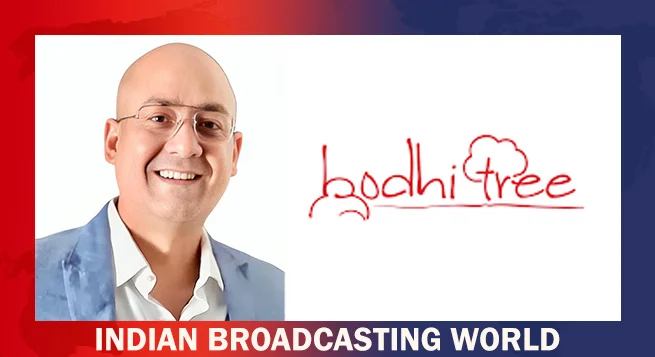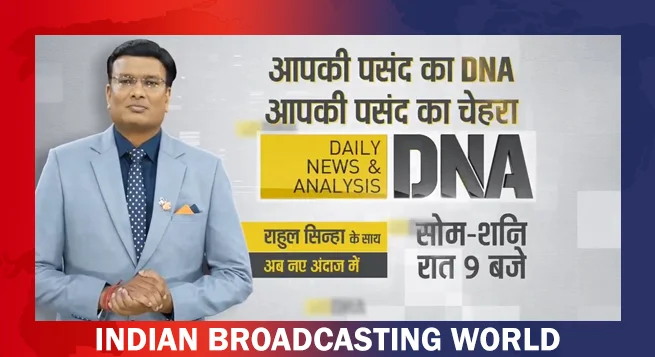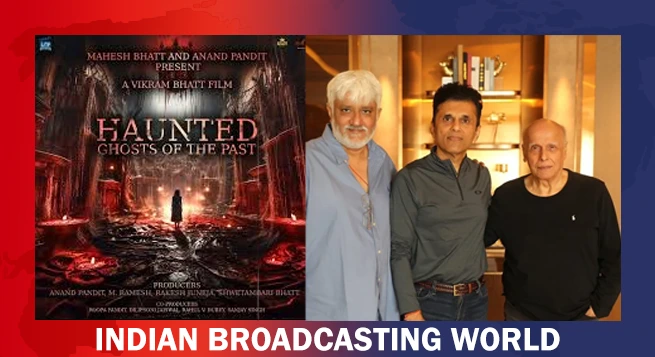An Indian court on Thursday said Twitter Inc.’s India head Manish Maheshwari should face no “coercive action” in a case where police summoned him for failing to stop the spread of a video that allegedly incited religious discord, media reports indicated.
“If the police desire to examine the petitioner (Manish Maheshwari), they may do so through virtual mode,” the high court of India’s southern State of Karnataka said, according to a PTI report filed from Bengaluru.
“If the matter requires consideration, we list it on June 29.In the meanwhile restraining the respondents (Ghaziabad Police) from initiating any coercive action against the petitioner,” the court maintained, adding, “It is case of petitioner that he has replied to notice under section 160 of CrPC (criminal penal code) to join through virtual mode. The respondent taking objection to the request has turned around and issued notice under section 41(A) virtually putting him in shoes of accused.”
Last week, police in northern Uttar Pradesh state sent a written summons to Twitter India head Manish Maheshwari to appear before officials and answer allegations that include inciting “hate and enmity” between Hindu and Muslim communities, a Reuters dispatch from New Delhi stated.
Maheshwari, who is based in Bengaluru city Karnataka, appealed to the court and sought to quash the summons.
A source told Reuters the order, in effect, gives Maheshwari protection from any possible arrest by the police. Twitter declined to comment.
The police case had been registered over a video of a few men, apparently Hindu, beating an elderly man believed to be a Muslim and cutting his beard. The police report named Twitter, its local unit and seven others for helping in the spread of a fake news that had been given a sectarian angle.
InfoTech Minister Ravi Shankar Prasad has lashed out at Twitter for the incident, saying its failure to act was “perplexing”.
The controversy comes at a time when India’s federal government has locked horns with Twitter over non-compliance with certain federal rules, raising concerns that the platform may no longer enjoy protection against user-generated content.
 GTPL Hathway Q4 revenue at Rs. 8,989 mn signals 10% YoY growth
GTPL Hathway Q4 revenue at Rs. 8,989 mn signals 10% YoY growth  Bodhitree appoints Sudip Roy CRO; launches new revenue division
Bodhitree appoints Sudip Roy CRO; launches new revenue division  SonyLIV drops ‘Black, White & Gray-Love Kills’ trailer
SonyLIV drops ‘Black, White & Gray-Love Kills’ trailer  Rahul Sinha takes charge of Zee News’ DNA
Rahul Sinha takes charge of Zee News’ DNA  Sushant Mohan joins IndiaDotcom as Chief Editor, biz manager
Sushant Mohan joins IndiaDotcom as Chief Editor, biz manager  Mahesh & Vikram Bhatt, Anand Pandit reunite to revive 3D horror
Mahesh & Vikram Bhatt, Anand Pandit reunite to revive 3D horror  Ananta ties up with Kuku TV for micro-dramas
Ananta ties up with Kuku TV for micro-dramas  Kritika Kamra joins forces with ‘Peepli Live’ maker
Kritika Kamra joins forces with ‘Peepli Live’ maker 









